Born Francis Ignatius Vincent, the second of seven children born to poor Sardinian farmers, Saint Ignatius was named after Saint Francis, following a difficult labor which his mother attributed the eventual success to the Saint’s intercession. From an early age, Ignatius desired to join the religious life, praying devoutly each day, and oftentimes—as young as age 7-- waiting at the church doors in the morning for them to be unlocked. Similarly, he was a model worker, toiling tirelessly in the fields despite his young age, earning more than his share for the struggling family. His father, unable to lose the income his young son generated, repeatedly refused to allow him to enter the monastery.
When Ignatius was seventeen, he fell ill with a serious illness, which he was not expected to survive. On his deathbed, he promised God to enter the Capuchin monastery and serve, should he be spared. In time he was, but Ignatius went back to work in the fields, rather than the monastery. Three years later, at age twenty, Ignatius was riding a horse which suddenly became uncontrollable, threatening to throw and trample him. Without warning, the horse—which no one could settle—relaxed and trotted gracefully, allowing Ignatius to dismount. Attributing the miraculous intercession to the Lord, having again saved his life, Ignatius left the fields and presented himself at the Franciscan monastery in Caglieri.
Saint Ignatius was immediately recognized for his sanctity, humility, and self-denial. While he never held an important position within the ranks of friars, he worked without complaint—often with a smile and cheerful disposition—at the most menial tasks. First he served as a cook, and then for fifteen years, he served as the community weaver. Despite the hard work of he and his brothers, they were still often unable to make ends meet. Saint Francis, the founder of their order, had allowed the brothers to work, but also to beg in times of need. He had written in his Testament, "And I used to work with my hands, and I [still] desire to work; and I firmly wish that all my brothers give themselves to honest work. Let those who do not know how [to work] learn, not from desire of receiving wages for their work but as an example and in order to avoid idleness. And when we are not paid for our work, let us have recourse to the table of the Lord, seeking alms from door to door."
Saint Ignatius was appointed to the position of questor—the official beggar of the community. He would set out from the monastery on a daily basis, eyes turned downward, carrying his Rosary beads, and go from door to door, begging for alms. This he did for 40 years. So humble and pious, he was loved and respected by all he came into contact with, the poorest of the poor offering all they had to support the religious community. Saint Ignatius, however, never accepted that which he knew the poor could not afford to give, gently saying, "Take this offering for yourselves right now; give it to me sometime in the future when I ask you for it."
During his daily rounds, Saint Ignatius did more than beg, of course. He served as a model of perfect Christian humility and self-denial. He instructed the community children in the tenets of the Christian faith—most of whom were too poor to attend school, and instead worked as he had done. He comforted the ill, and provided encouragement to those who constantly struggled. Numerous miracles were reported at his pious intercession.
Never having been educated himself, Saint Ignatius was illiterate, and his words far from polished or eloquent. He recognized his limitations, and constantly directed any praise or recognition from himself to the Lord, where all good things originate. He was referred to by the people as “the holy friar,” “the apostle of the streets, “ and “Padre Santo.” He was welcome in nearly every home in the town. He remained conscious of his own human weakness and shortcoming, however, despite these holy titles. Saint Ignatius focused on his need of God's pardon and mercy, and modeled this faith to all those he came in contact with. To those who came to him for comfort, he would advise, "Trust God."
Saint Ignatius was especially obedient to his superiors. When instructed to visit the home of a rich lender in town—a home which he typically avoided due to his belief that accepting the donations of this man would condone his ill-treatment of the poor—he did so. The man, who had made his livelihood exploiting those in need, provided a large sack of donations to Ignatius. Upon returning to the monastery, the friars were pleased with the gift, but upon opening the sack, blood miraculously poured out. ”This is the blood of the poor," Ignatius softly explained. "That is why I never ask for anything at that house."
Saint Ignatius also practiced a strong devotion to Our Blessed Mother, praying daily for her intercession. He attributed many miraculous events in his simple life to her grace and assistance, including the miraculous recovery of the friary keys which had been lost down a deep well. Saint Ignatius knelt by the well, recited three Hail Marys, lowered his bucket, and upon drawing water, found the keys in his bucket!
Saint Ignatius of Laconi died at age eighty, and was buried in the Chapel of Our Lady of Angels attached to the friary. Numerous miracles were reported at his tomb side. His simple life reminds us that hard work and charity are cornerstones of the Christian faith. No task was too menial. No person too poor or seemingly unimportant. Saint Ignatius recognized that our loving God cares for each of us, despite our station, salary, or circumstances. Always humble, Saint Ignatius of Laconi worked within the skills and abilities given to him from the Lord, using them to great success in the glorification of God and the spreading of the faith. How often can we say the same of ourselves?
Lord God, You led Saint Ignatius along the way of humility, innocence, and fraternal charity to the heights of sanctity. Help us to imitate his virtues and to practice charity on earth in word and deed. Amen.
Year 2: Day 131 of 365
Prayer Intentions: Humility, Charity, Obedience, Social Justice.
Requested Intentions: Successful resolution to legal proceedings (N); Freedom from worry and successful employment (M); For successful sale of home and freedom from debt (J); Freedom from pain and illness (E); For successful living arrangements, travels, health, and studies (F); Healing, successful studies, financial success (F); For husband’s successful employment (Y); For children’s faith journey; Recovery of a friend suffering from addiction (M); Successful employment (P); Obedience to the will of the Lord (J); Financial recovery (S); Freedom from evil influence (I); Recovery from illness (J); Freedom from addiction (J); Successful transplant surgery (K); Healing for a daughter (T); Acceptance into school (V); Successful immigration; for a sister’s career and marriage (F); Financial recovery; Successful ministry (A); Financial ability to send children to school (S); Safe return of a runaway (J); Healing of a family (J).








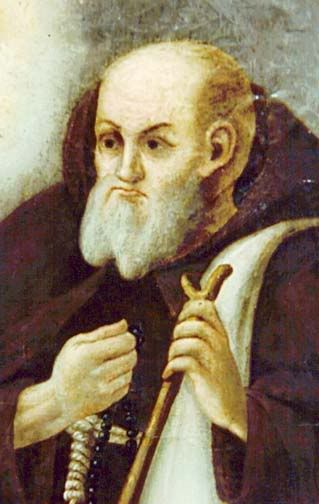
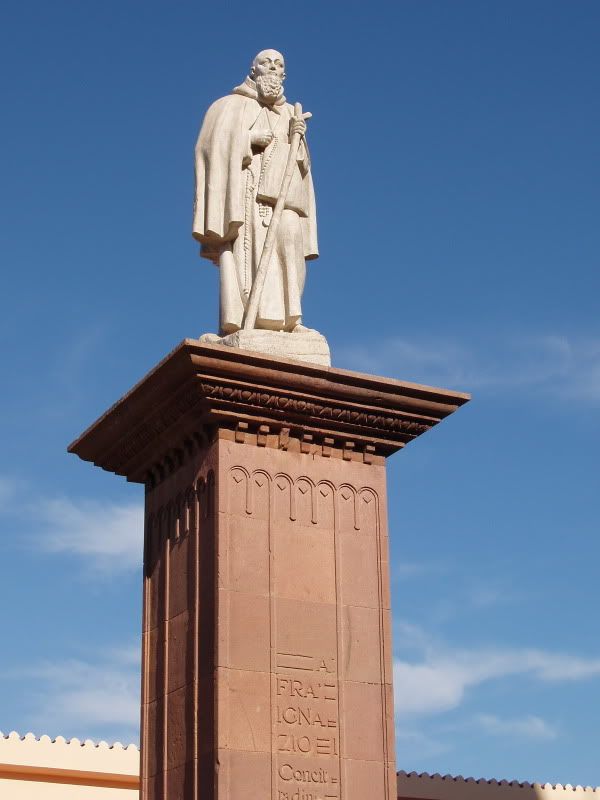
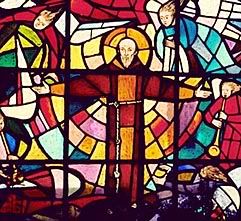

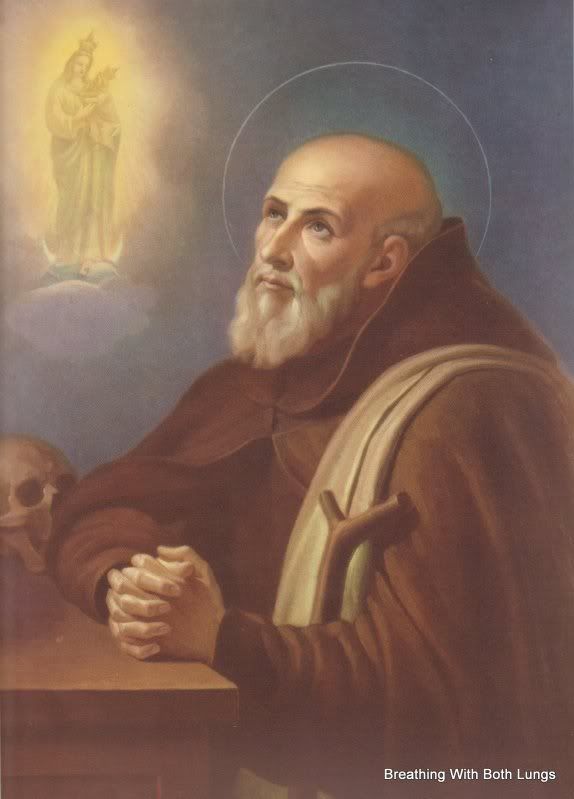


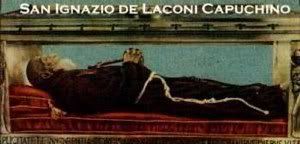
0 comments:
Post a Comment
Thanks for leaving a comment. If you wish to submit a prayer request, however, please do so above, using the "Contact" tab.